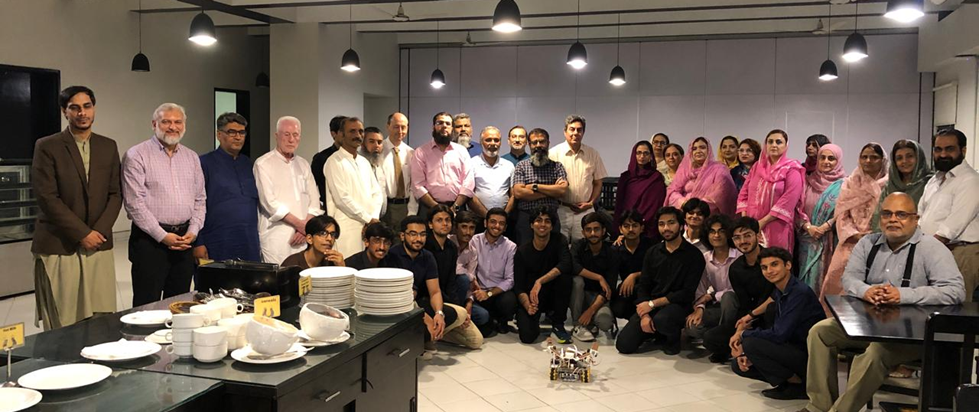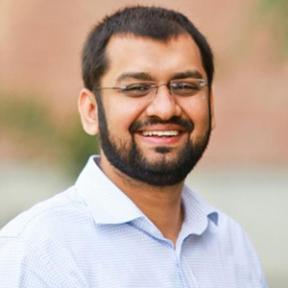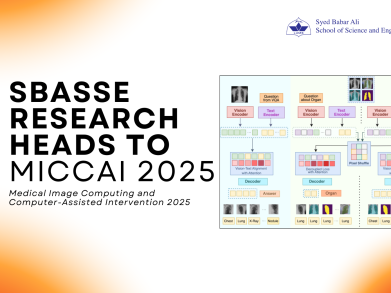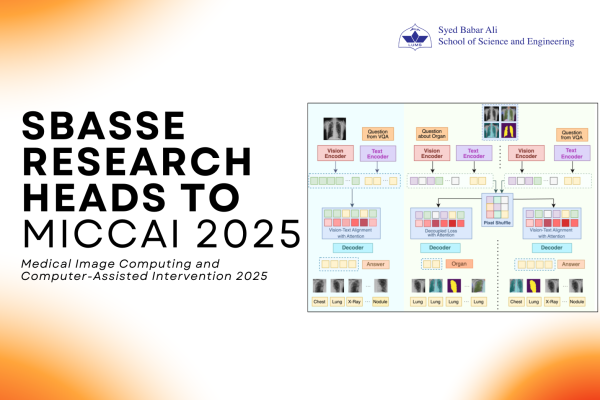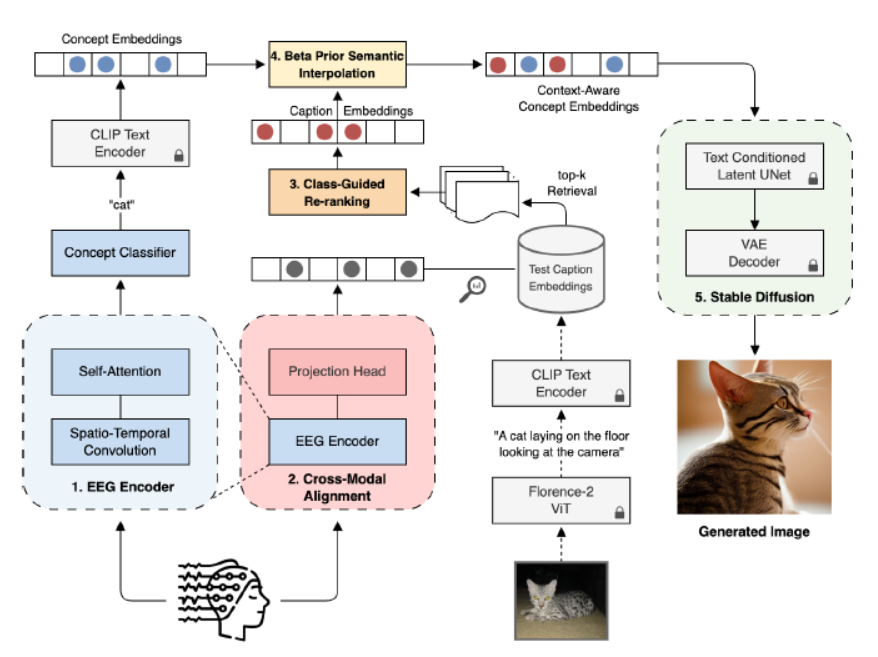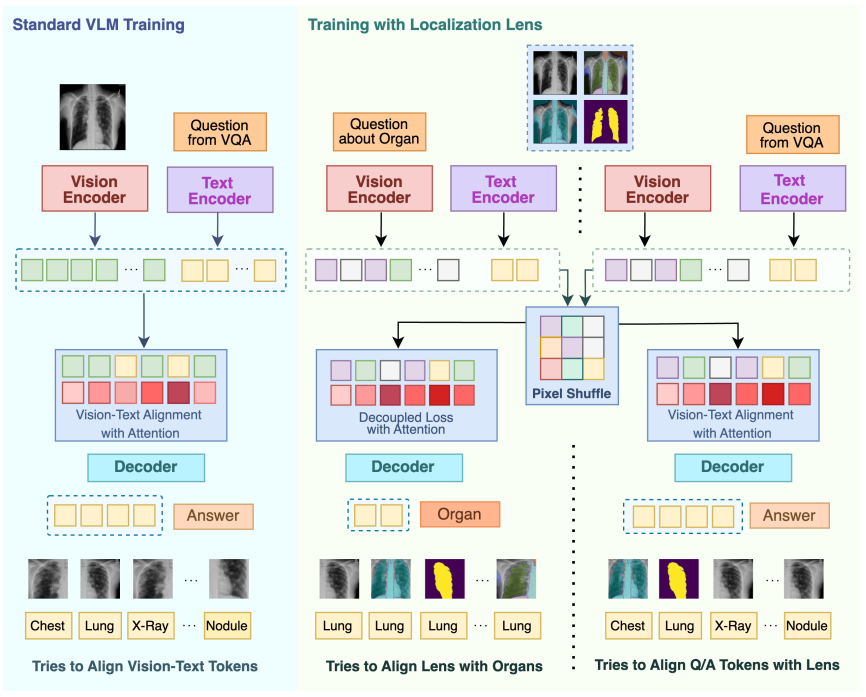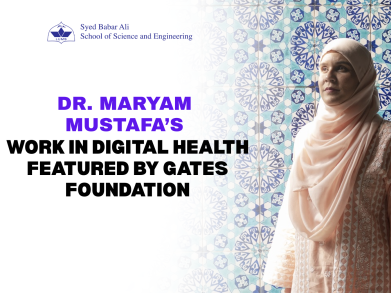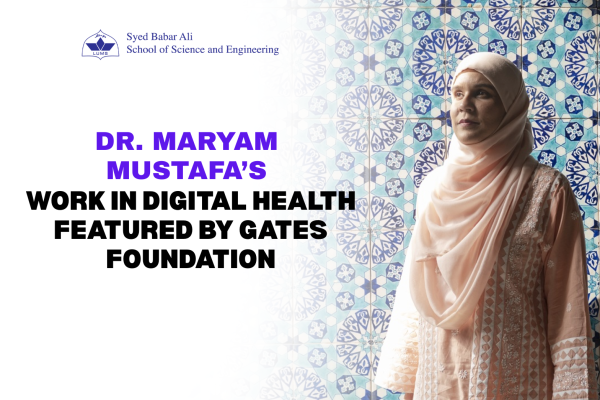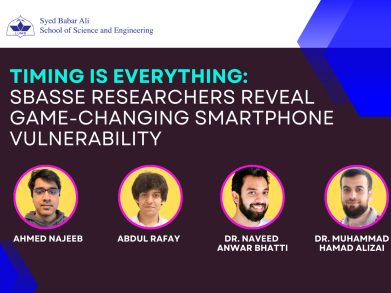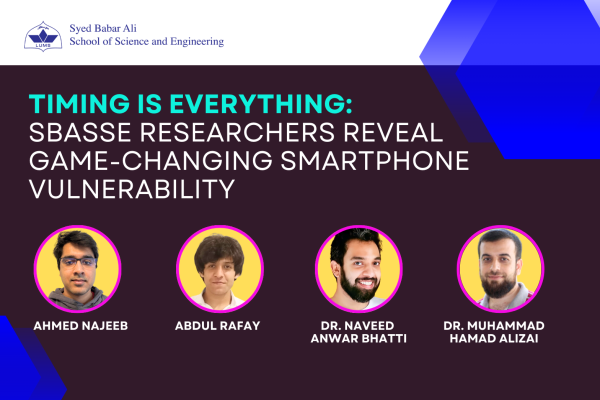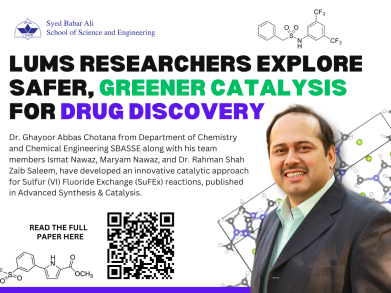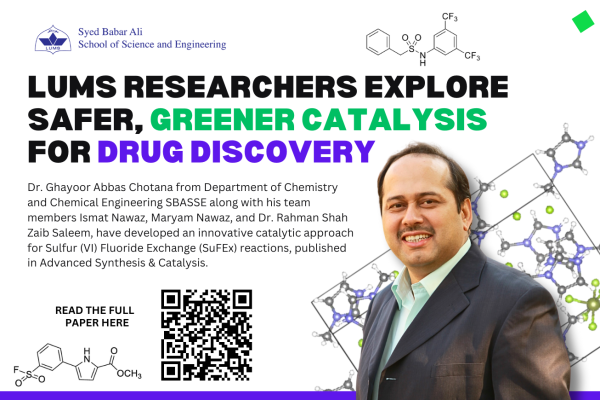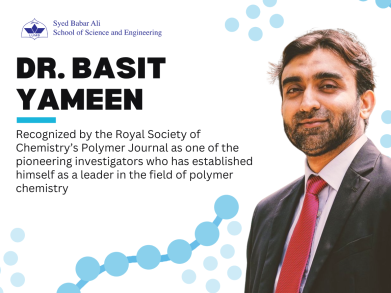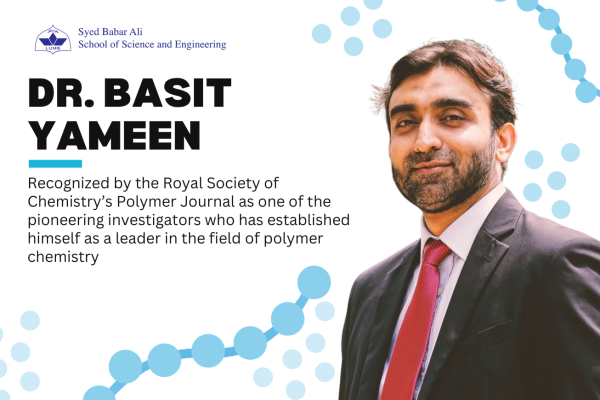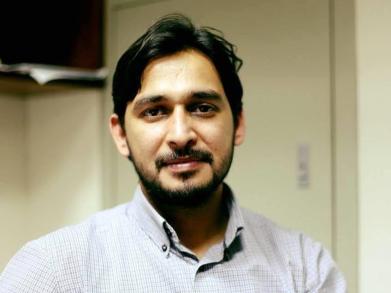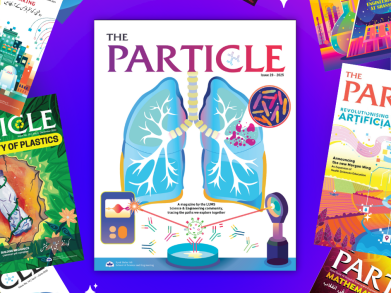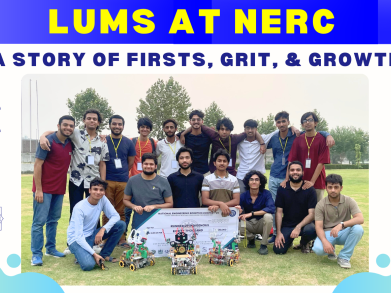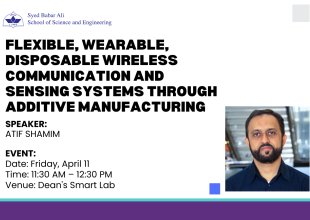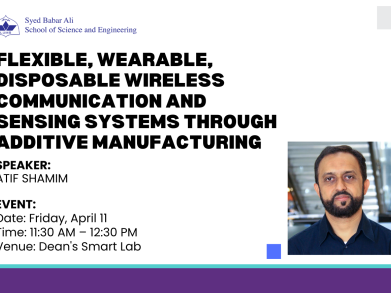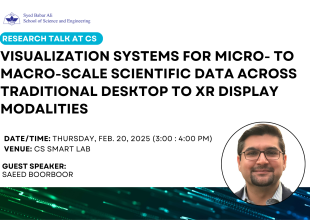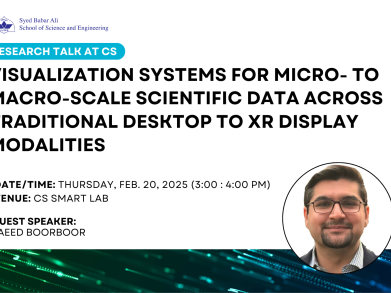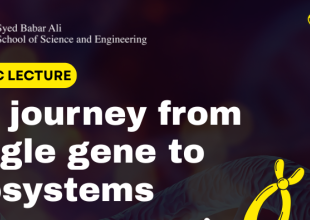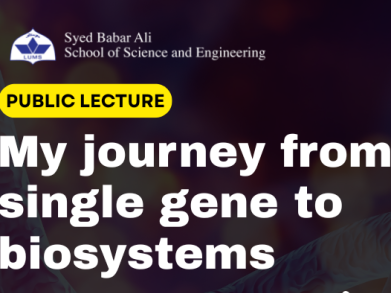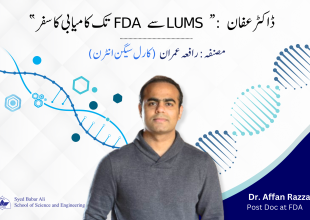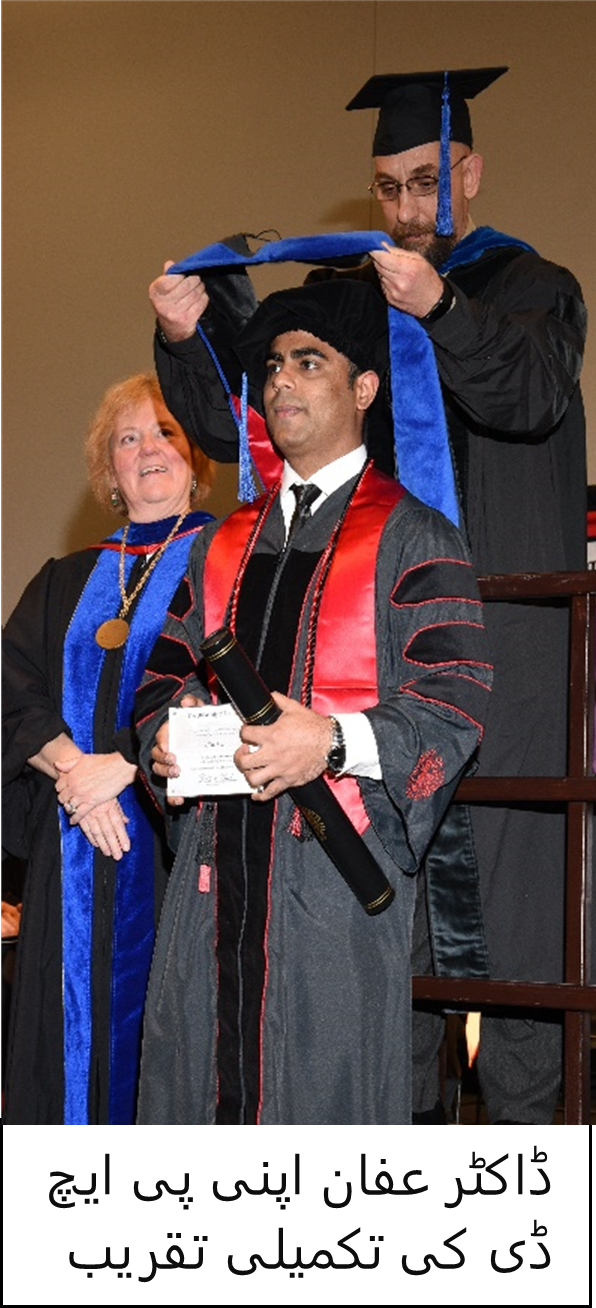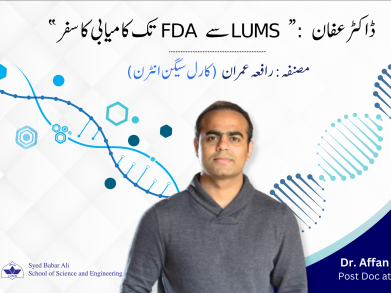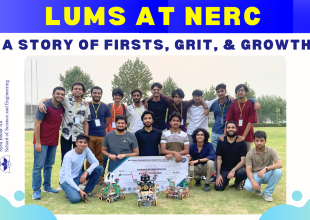
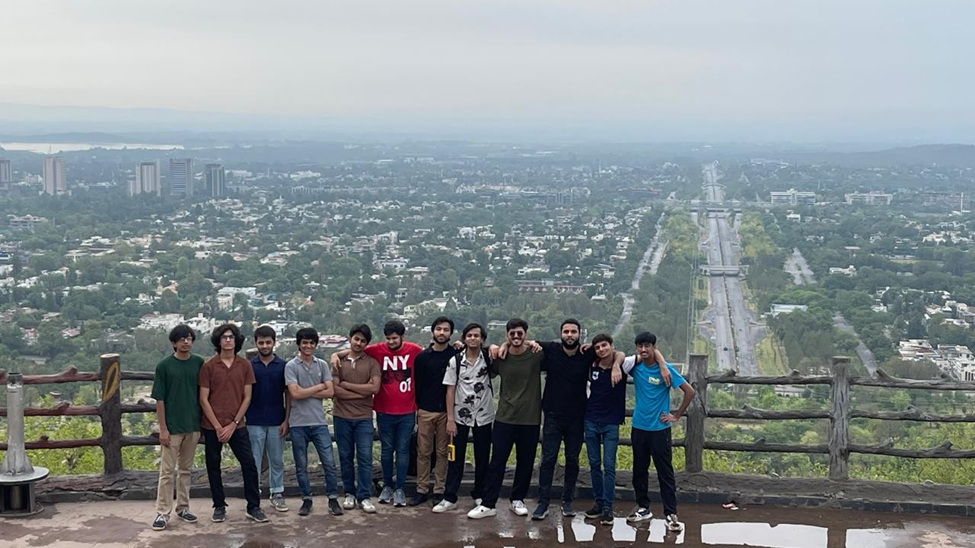
In June 2025, three teams of undergraduate students from the Department of Electrical Engineering represented LUMS at the National Engineering Robotics Contest (NERC), held at NUST’s EME college Campus in Islamabad. A joint initiative of NUST and STEM Careers Program by HEC, NERC promotes innovation in robotics and provides a national platform for testing intelligent electromechanical designs.
All three LUMS teams competed in the Indigenous category, where the challenge was to build autonomous robots capable of localizing, identifying, and sorting fruit boxes by color, placing them precisely at designated points on a defined grid.
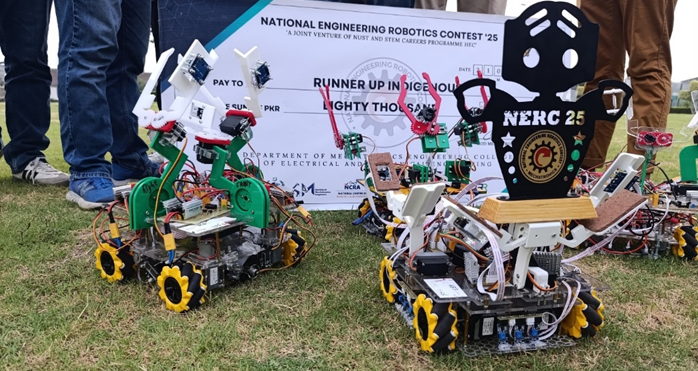
The journey began three months earlier, with the formation of teams made up entirely of first year students. Over the following weeks, they worked through circuit designs, coding challenges, and mechanical adjustments, ultimately building three competition-ready robots and one backup unit. Their commitment, adaptability, and attention to detail carried them through to competition day.
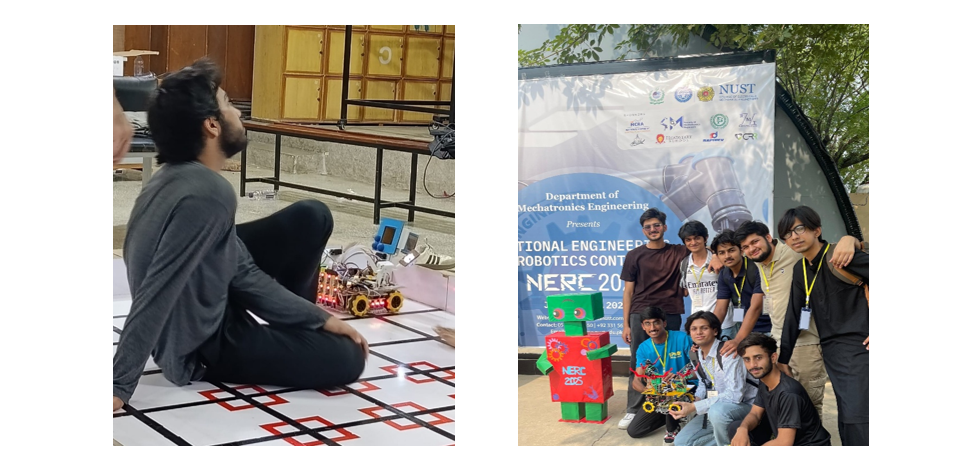
Their efforts paid off! And the team 1 advanced to the final round and secured the Runner-Up Award, receiving a cash prize of PKR 180,000. The award was presented by Lt. Gen. Inayat Hussain (Hilal-e-Imtiaz Military), Chief of Logistic Staff, who served as chief guest. For all teams, especially those new to robotics, the performance was a clear testament to their potential.
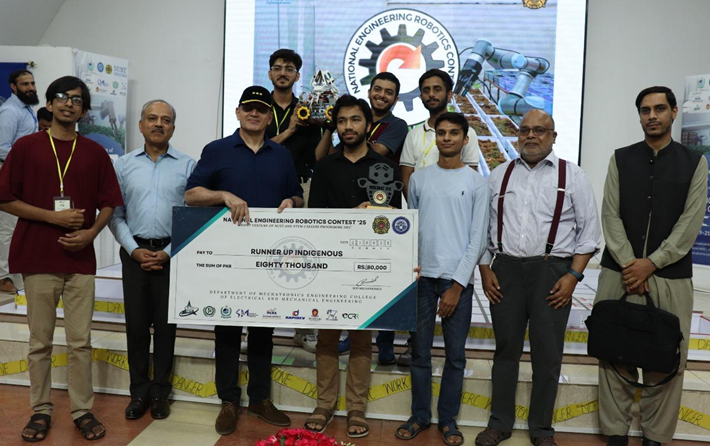

This year’s participation builds on the foundation laid in 2023, when an open call invited students from across LUMS to explore robotics; many for the very first time. Read the story here. Since then, continued mentorship and access to hands-on learning opportunities have helped strengthen a growing culture of engineering-led problem solving at the undergraduate level.
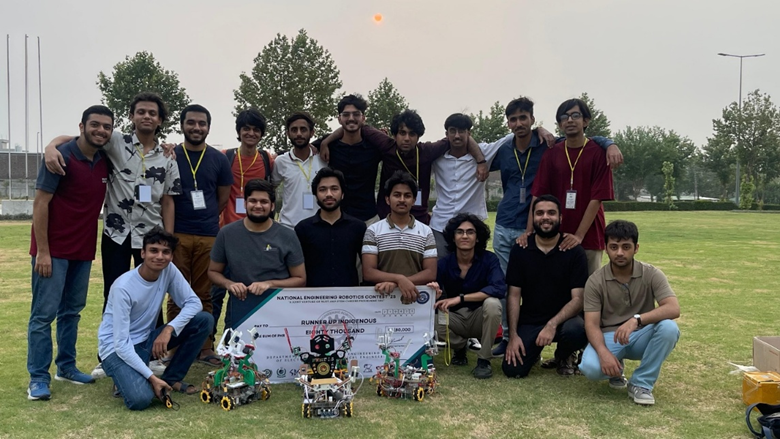
LUMS’ participation this year was made possible through the consistent guidance and support of Dr. Jahangir Ikram, who mentored the teams through every stage, from recruitment to prototyping. Mr. Mudassar Ejaz, Senior Development Engineer at EE Department, also supported the process by contributing to technical development and managing the logistics of the project. The effort was further enabled by the financial support of Dr. Momin Uppal, Chair of the Department of Electrical Engineering.
To mark the achievement, a small celebration was held at the Executive Dining Hall (EDH) at LUMS, attended by the students, their families, Dr. Momin Uppal, and Dr. Walther Schwarzacher, Dean of the Syed Babar Ali School of Science and Engineering (SBASSE).
